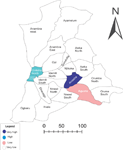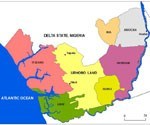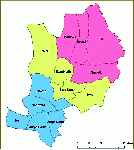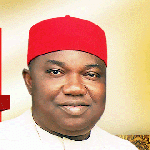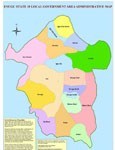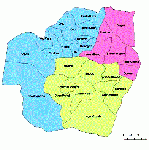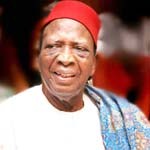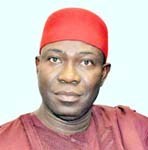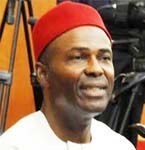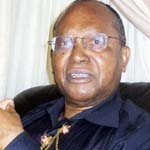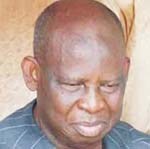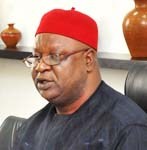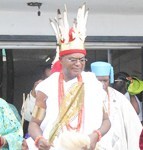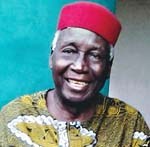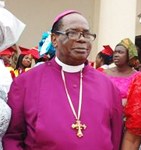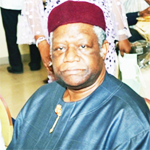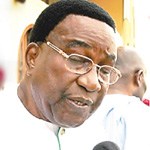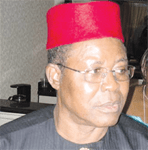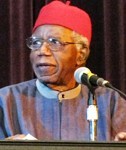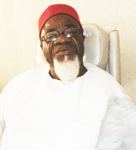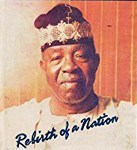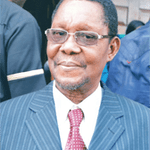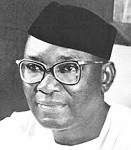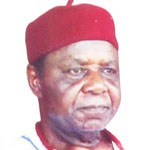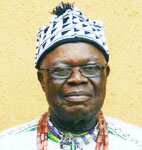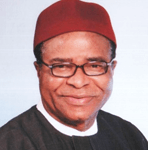Traditional Igbo agriculture has been characterized over the ages as subsistence farming The chief agricultural products include yams, cassava, and varieties of cocoyam. Other important subsidiary crops include, plantains, maize, melons, okra, pumpkins, peppers, gourds, and beans. Palm products are the main cash crops. The principal exports include palm oil and, to a lesser extent, palm kernels. Trading, local crafts, and wage labor are also important in the Igbo economy. High literacy rates among the Igbo have helped them obtain jobs as civil servants and business entrepreneurs since Nigeria gained independence in 1960.
Today, the ambience of traditional environments and circumstances are history. There are issues of food security, teeming populations and poor economic situation in Nigeria. Indeed, there is hunger in the land. Today agriculture has never been higher on the world’s agenda. It should be more so for the Igbo if we hope to bring our scattered populations home and sustain them in the coming future. The official forecasts that the world’s population has passed seven billion and is likely to grow by two billion more by 2050 (and this includes Igbo rate of increase in Igbo population) has highlighted concerns over how these extra people can be fed. If we have the interest in mind, we must now think collectively. We must put in place our own Green Revolution reminiscent of the Green Revolution of South East Asia. We must begin to pursue aggressively programs to modernize and increase output. On the part of the governments of Igbo land, Ebonyi State commenced bold and honest efforts in this direction. Other Igbo states must follow suit. We mean real and genuine programs and not political lip service. Elsewhere in this website, we have highlighted the wonders being performed by Igbo sons and daughters in the business sector. Now is the time for our giants in the private sector to begin to invest massively in Agriculture. Now is the time. Now is the time to have a marshal plan to feed our people in the coming years even if Nigeria continues to toy with the lives of the people.
Take a look below. That’s a modern reaper, a descendant of the famous McCormick Reaper. How will it look in today’s agriculture in Igbo land. A little historical perspective should give us the impetus to pick up the gauntlet. The first time a mechanical reaper was developed in the Shenandoah valley in Virginia, USA, the blades mounted on it was constructed by an Igbo blacksmith. The builder crossed the Appalachians shortly after freedom from slavery and settled in the fertile land bound by the Appalachians, the Allegheny mountains and the Blue Ridge mountains. This is properly documented in the Frontier Museum in Staunton Virginia. Come on, Ndi Igbo ibem, we are always there where it is happening. We can do it again.






